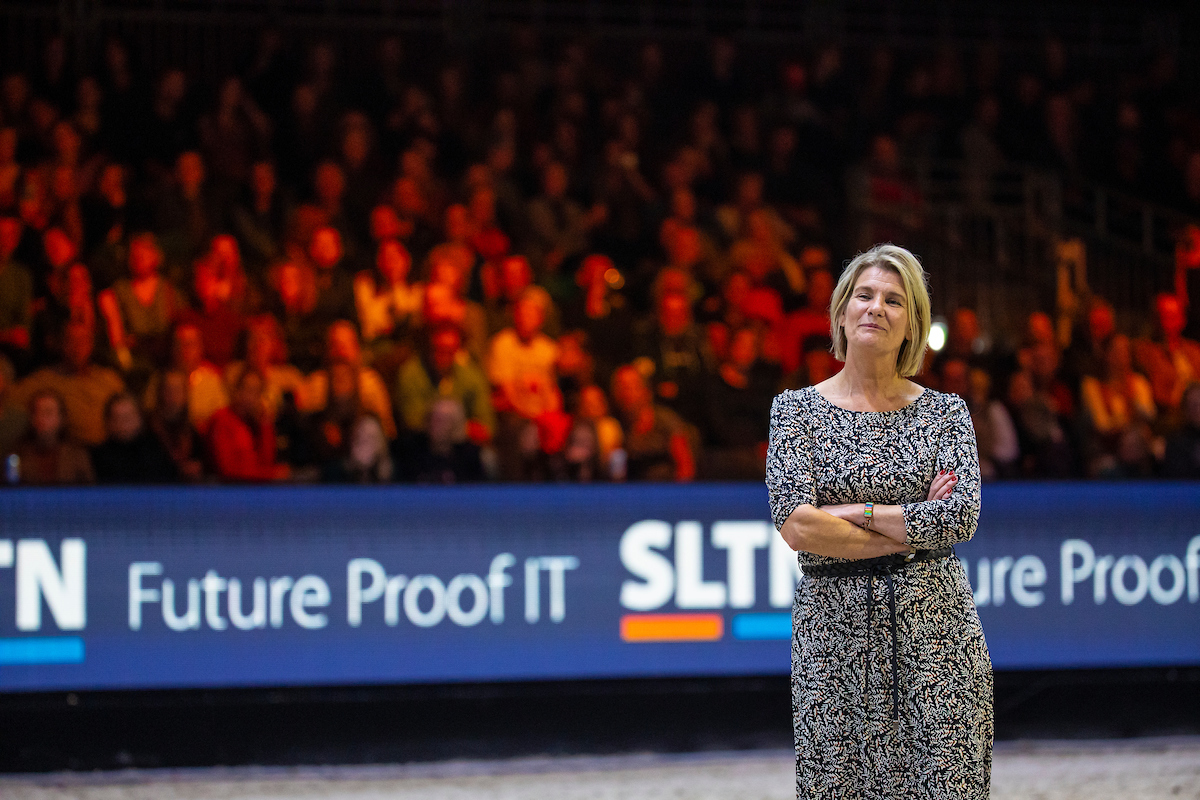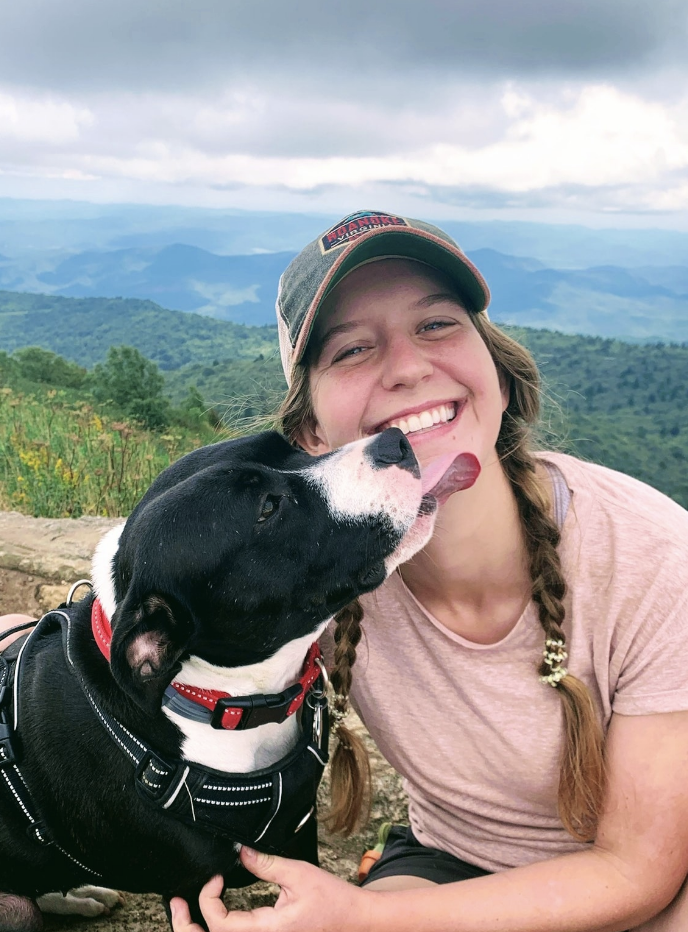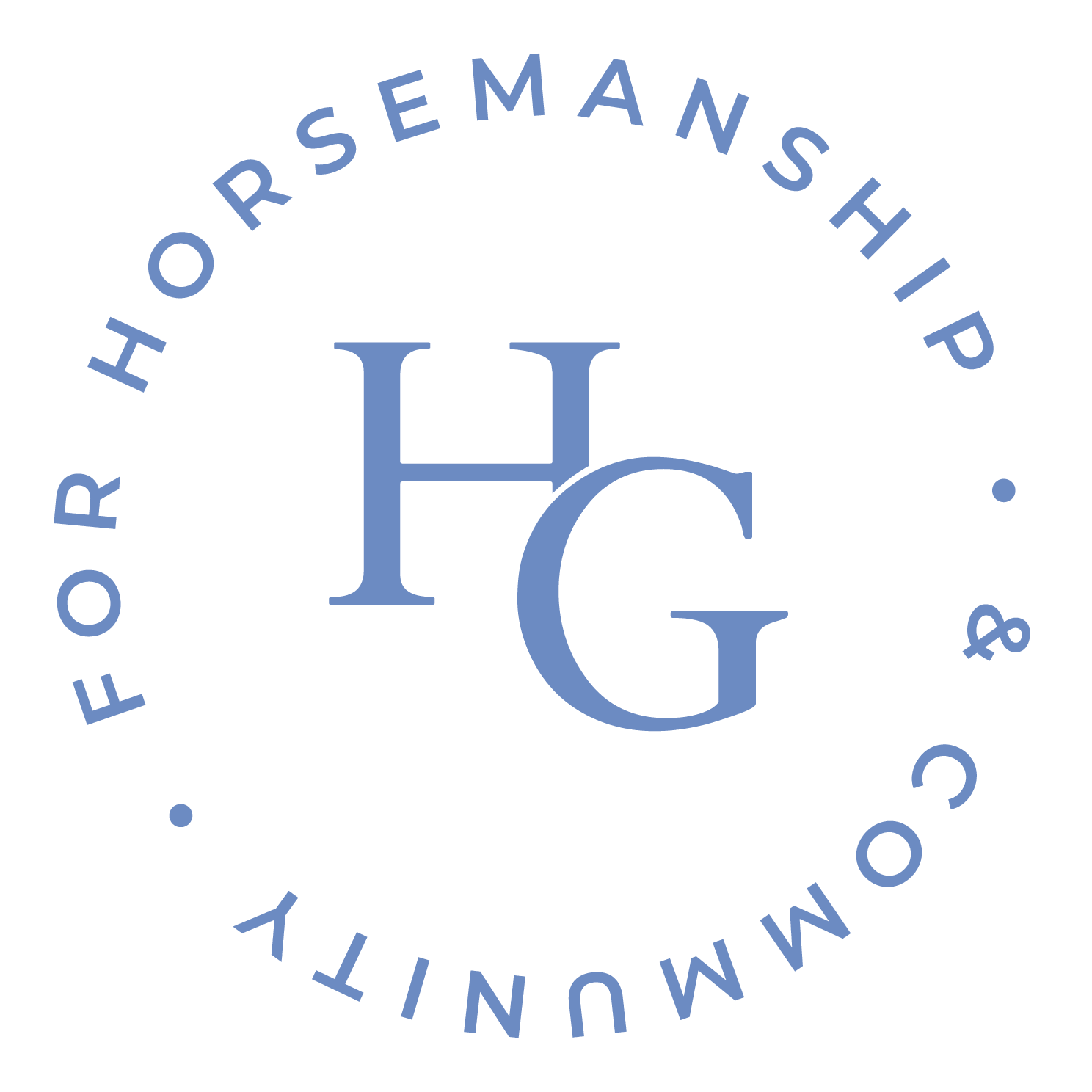On horse show day, as the world starts to awaken, you can find Yvonne van Bergen at one spot: the warm-up ring. As the riders and grooms work the horses in preparation for the competition ahead, van Bergen sits on the side in her own morning ritual taking in the quiet relationship between human and equine.
“When the riders are training in the morning with the horses, I grab a cup of coffee,” she said. “I’m going to sit in the collecting ring and just watch and just enjoy the quiet sound of the breathing horses.”
As sport director of CDI3* and CSI3* Indoor Friesland (the Netherlands), to be held October 20-28—as well as sports manager for big competitions like the Dutch Masters, Indoor Maastricht, CSI Eindhoven, the Dutch Championships, JPM International and the FEI World Breeding Dressage Championships for Young Horses—many hours of her day are spent organizing logistics and planning. But in the early moments, with the coffee in hand, she returns to her roots.
Starting At The Beginning
As the daughter of a farmer in Ottersum, the Netherlands, right near the German border, her introduction to horses came naturally and quickly, much to her happiness.
“I started as a little kid with my little pony; there were ponies around and I was working with the ponies, of course, and the cows,” she said. “I was also good at school; I spent a lot of time with my ponies in the stables playing around with them.”
Her dream was to become a professional show jumping rider, but her father had one requirement before she tackled it.
“My dad said, ‘Then you have to start at the beginning and start as a groom and see if you still like it,’ ” she said. “Basically, you have to know how to take care of a horse.”
So at 19, she left for a grooming job in the United States.
“I was really homesick,” she said. “My English was very bad, and I worked for six months with Lisa Tarnopol; she’s now married to Mario Deslauriers. So, I worked for her for six months, and then I came back home.”
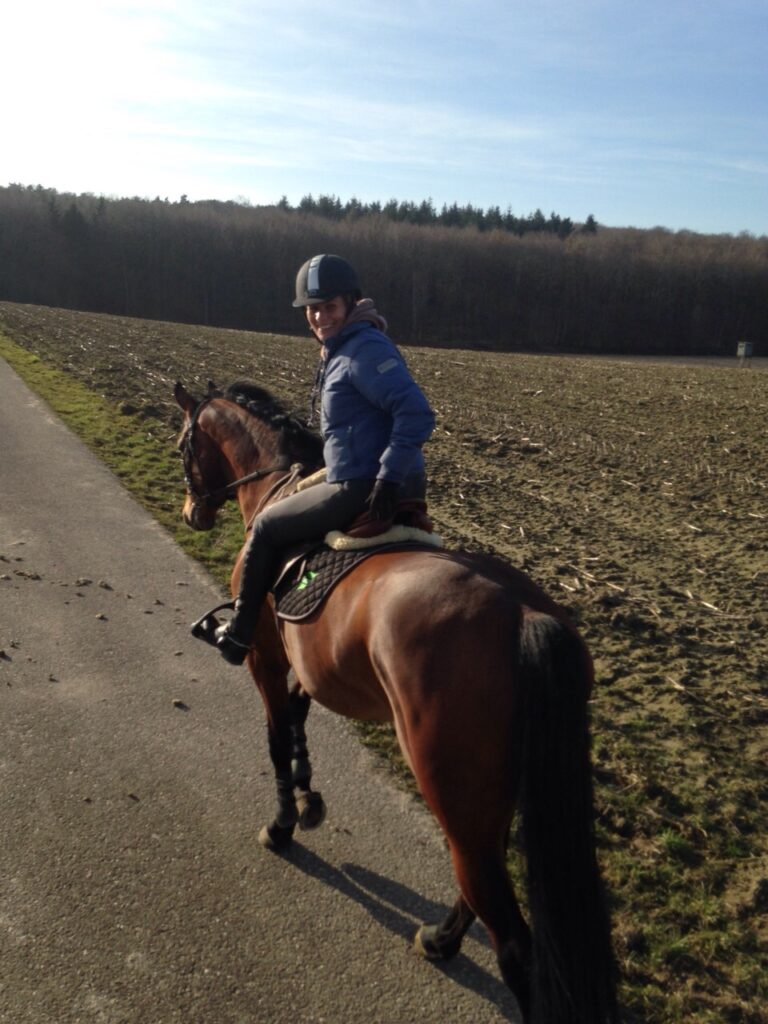

Back in Holland, she worked for Henk van de Broek and his stallions, such as Animo and Creool.
“He was on the Dutch team at that moment,” she said. “I did it for a few years.”
But then the nature of the 24/7 grooming lifestyle took a toll. She didn’t make enough money to support her own horses—and lacked the time to even ride them.
“I was working seven days a week from 7 a.m. until 10 p.m.,” she said. “It was a little bit too much, and I didn’t like it anymore because I couldn’t ride my own horses.”
Finding a New Life with Horses
Another requirement her father mandated before van Bergen pursued a life with horses was first enrolling in secretary school. In this way he wanted to ensure job security for her.
“I had to go to a secretary school for management assistant,” van Bergen said. “I had to do this private school, and I had to do it for two years before I got into horses. [Because of that] then I always have typing experience. I’m still really grateful that I had to do that.”
In 1995, as she shifted away from full-time grooming, van Bergen saw an advertisement that would marry her equine love and her secretary skills.
“I saw an advertisement in a horse magazine that they were looking for a secretary at the Dutch Federation,” she said. “I thought, ‘OK, this is my dream job.’ I filled all the [requirements] that you need. I had them all.”
For 11 years she worked at the Royal Dutch Equestrian Federation, and through them she learned the role of show secretary—making her first international show secretary debut at Indoor Friesland in 1995.
“When we were secretary at the Dutch Federation, always one of the secretaries had to go do the show office at an event in Holland,” she said. “So, if you have a national show or an international show, there was always a secretary of the Dutch Federation. I really liked it, of course, because I’m secretary at the nicest, most beautiful horse shows in Holland.”
Stepping Out on Her Own
In December of 2006, van Bergen took a jump. The Dutch Federation was changing as it consolidated and moved farther away from van Bergen’s homebase. So, she decided to leave, and, in January of 2007, she opened her own business Yvonne van Bergen Management & Events.
“I couldn’t find myself in the new Federation,” she said. “And the [way the sport developed] was not really what I liked.”
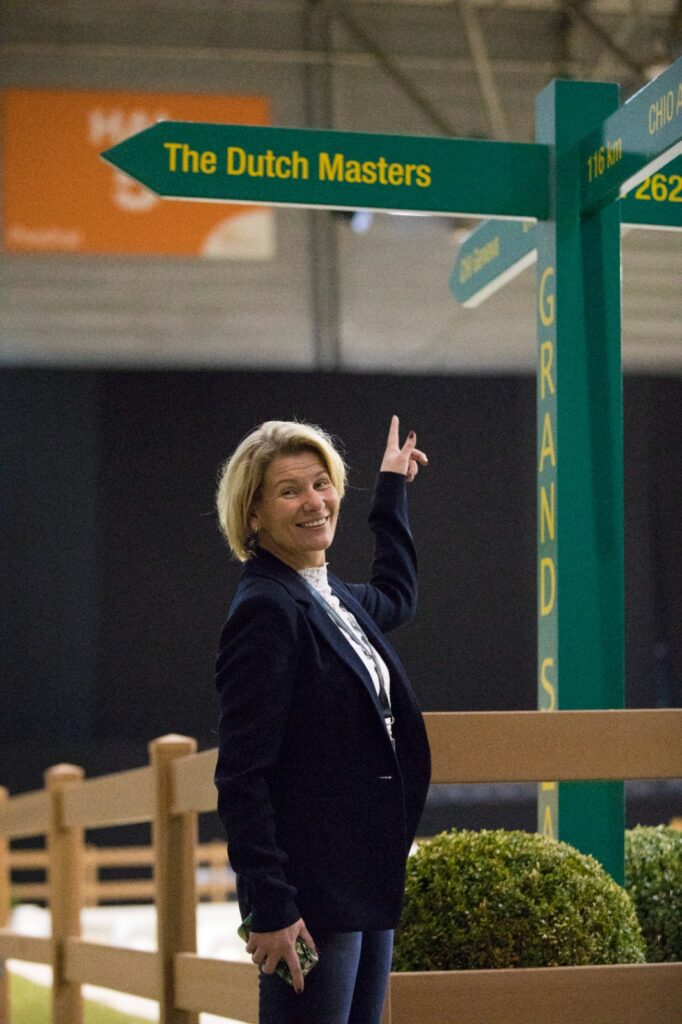
With her immense resume of working the office at the country’s top shows and her deep knowledge of Fédération Équestre Internationale (FEI) rules, she figured she could be successful.
“There were many shows in Holland who hired a company, and that company organized their show,” van Bergen said. “But then you have this same thing; they were all copying the shows. Then I thought, ‘Why am I not starting my own business? Then I can do all the shows and then a show organizer can hire me for all the whole sport management.’ ”
Taking a Break
Before the outbreak of COVID-19, van Bergen started to become disenchanted with the show scene in Holland. Many shows felt redundant and unoriginal. So, when the pandemic hit, she used that time as a natural break to step back. She worked for two years at Van Grunsven Group Construction & Development, before re-entering the equestrian sport. But this time, she wanted to do it her way.
“I [was] going to quit with the horses because the sport had completely changed,” she said. “They all want to have many horses, and to me it felt more like a factory. To me, it didn’t feel like a horse sport anymore.
“So, I quit with all those factory events; I didn’t like them anymore,” she added. “And I thought, ‘OK, then I’m going to try to pick up the nice ones.’ So, I have the nicer five-stars there like the Dutch Masters and the World Championships for Young Breeding Horses—Dressage.”
And at Indoor Friesland, which was the first show she took as sport director, she created an experience that’s unique.
“[When they approached me,] I said, ‘Well I’d really like to make it different from all the shows; so don’t copy another show,’ ” she said. “So, I really like that we make the arena more like a theater. The horses, the riders and the grooms, they’re our actors. And I want to set it up in that way because everybody is organized.”

She also made sure to keep the class entries small so as to keep the sport the focus of the event.
“Everybody wants to have [more and more entries] because of the money and big classes.” she said. “I don’t want that. Our sport is called SHOW jumping; let me stay close to this. I don’t want to have a starting order with 80 riders.”
Giving Back to Grooms
While the job of show director and show manager requires a look at the details as well as the greater whole, one ingredient that van Bergen pays attention to is the groom’s experience. Relying on her grooming days, she tries to create a schedule and environment to make their lives easier.
“We have indoor shows, [and] most shows start at 8, and they really finish at 11 or 12 o’clock at night,” she said. “I always try to start at 9 [during the] indoor winter period and try to finish early like 8/8:30 in the evening, so that the jumping grooms are finished early. They are still long days, but then they have comfortable long days.”
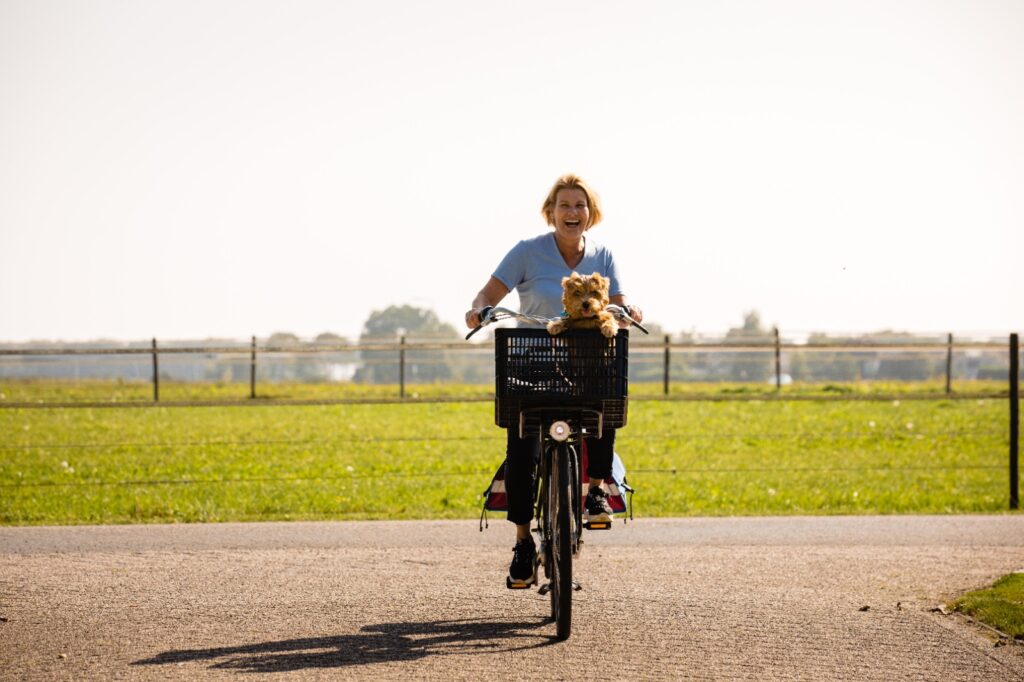
She sets up a coffee corner in the stables. She offers free breakfast. She tries to find food opportunities or sponsorship so that the grooms aren’t eating unhealthy snacks all day. She sets up a pop-up office in the stable so that she can easily be accessible while horses ship in for the show.
“When the grooms arrive at the show, I always make a whole information letter,” she said. “I really like to inform them about a few things: What are the dinner plans for them? How to arrive? Where are the cars parked? Do they need to bring a bike? Give them the possibility to send me a stable request next to which rider you’d like. I always try to create in the stables many corner boxes for stallions. I try to have extra high stables for the stallions. I always try to have a write-out.”
Partnering with HorseGrooms
At Indoor Friesland, she’s partnering with the new HorseGrooms’ community so that she can directly contact the grooms, and grooms can have a platform to chat amongst each other.
“For us as organizers, it’s really hard to reach the grooms,” she said. “If we are lucky, we receive—because everything is online—the email addresses of the riders.
“Hopefully, with HorseGrooms we can reach all the grooms,” she added. “You can reach Europeans. You can reach American grooms. And if all the grooms have downloaded this app, then we can always publish the information on it and then we can try to connect it to the FEI. Now you go to the FEI, and then you click on the schedule. [With this] you have to click on the HorseGrooms app, then you find the information that you need. And the organizers can use that as communication.”
Van Bergen sees a circular relationship between all the key players in the industry; with one not doing a part, the circle crumbles.
“If we don’t have grooms, if you don’t have horses, if you don’t have riders, then I don’t have a job either,” she said. “If people like me are not there, then the riders don’t have a show. You have to do it together. It’s one circle. We can’t miss each other. We need each other.”
Feature photo courtesy of DigiShots.
